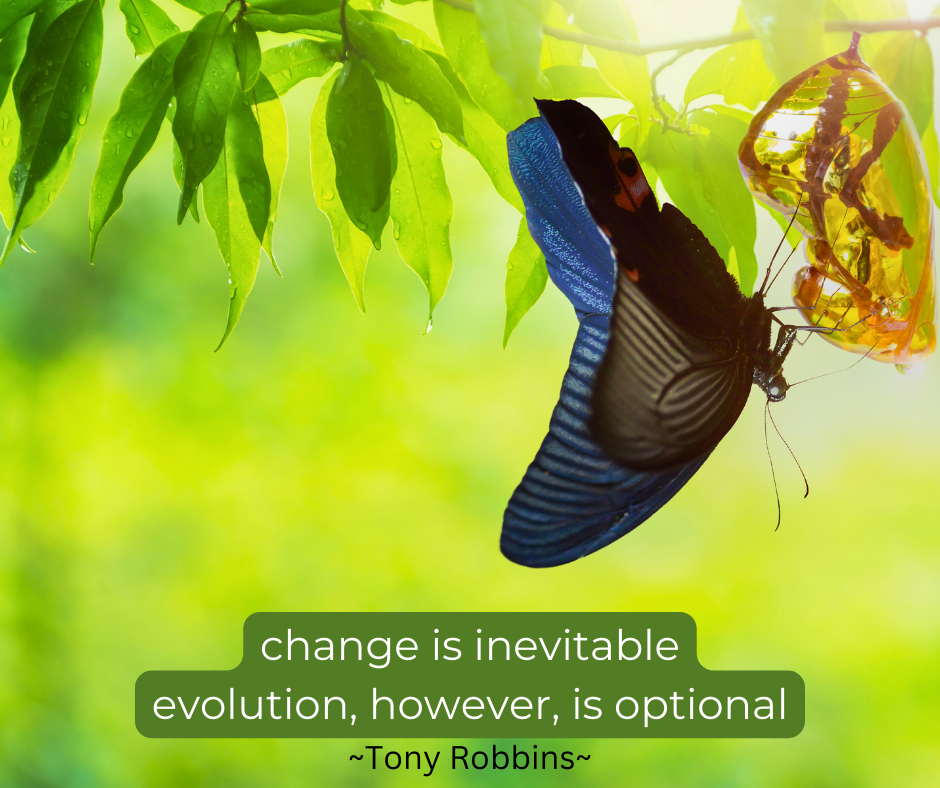To Communicate Effectively is a Practiced Skill
For fear of stating the obvious again, and to understand and communicate effectively with anyone, you have to learn the language they are using and the language they know. This responsibility is yours.
If we take ourselves seriously as someone who can influence others, we must be intentional in our efforts to grow in that dimension.
I have listed my first ten suggestions to motivate you to develop better communication practices intentionally. (Review link)
10 More Communication Suggestions
Begin – by listening. Continue rapport – by listening. Learn what you need to know- by listening.
- Identify and name emotions. Develop a vocabulary to describe your feelings accurately. Many of us put ourselves on autopilot when someone asks, ‘How are you doing?‘ Being able to stop, pause for a moment, and accurately describe the precise emotion you are feeling takes effort initially, but once you have done this, you can choose how you respond to it if you need to. One of my go-to resources is the PositivePsychology.com website. Here is the link to a great article about the origin of the Emotion Wheel and a visual of the wheel itself.
- Learn to express emotions healthily and constructively rather than suppressing or exploding with them. The previous article in #1 shared some ideas on accomplishing this. By the way, I am still learning how to do this, too.
- Read and educate yourself. I know that you’ll be shocked by this suggestion ☺, but I am a huge fan of accessing books, articles, and workshops—and here, the focus is on developing your emotional intelligence. Valuable insights and strategies can be gleaned when we open ourselves to other people’s perspectives.
- Seek Coaching. Although I provide one-on-one coaching for those seeking to evolve and grow, any time we can spend with someone else who wants to assist us in developing is a good thing. I am not a counselor if you seek counseling, but I know one: https://www.novacaretherapy.ca/. Professional guidance can help you through specific challenges and develop your EQ.
- Engage in acts of kindness. Volunteering or helping others can enhance your sense of empathy and compassion. In our Respectful Workplace training workshops, we show the cover of the latest World Giving Index—a report curated by the Charities Aid Foundation (CAF) showing the latest results of their annual research. The index aims to find the world’s most generous countries based on the answers to the same three questions they have been using for the past fourteen years—all focused on unsolicited acts of kindness and generosity.
- Build genuine relationships. Focus on forming meaningful relationships with people rather than just superficial interactions. Dale Carnegie started the conversation on this topic in 1949 when he first published his seminal work, How To Win Friends And Influence People. This book reminded humans what other humans need to feel valued by people.
- Practice perspective-taking. Try to understand other people’s viewpoints and feelings when you disagree. A wonderful book that helped me with this was Change the Way You See Everything through Asset-Based Thinking by Hank Wasiak and Kathryn D. Cramer, Ph.D.
- Care about other people. One of my favorite books is Radical Candor by Kim Scott. She reminds us that, as a supervisor, manager, or, in fact, a leader at any level, you will have much (much) more success holding people accountable for their responsibilities only if you have demonstrated beforehand that you care about them as people.
- Keep a journal. It was one of the ten practices from last week. That’s how much I want you to do this: documenting and tracking your journey of growth and evolution.
- And…..keep a journal. ☺
BONUS TIP: Learn to love to listen.
The Choice to Communicate Effectively Is Yours
I post a Morning Motivational Moment every Saturday and Sunday on my LinkedIn account. It is always a powerful quote designed to…..well motivate people in some way overlaid on a photograph of a scenic view.
Tony Robbins is credited with the quote: “Change is inevitable. Evolution, however, is optional.” See the picture above.






